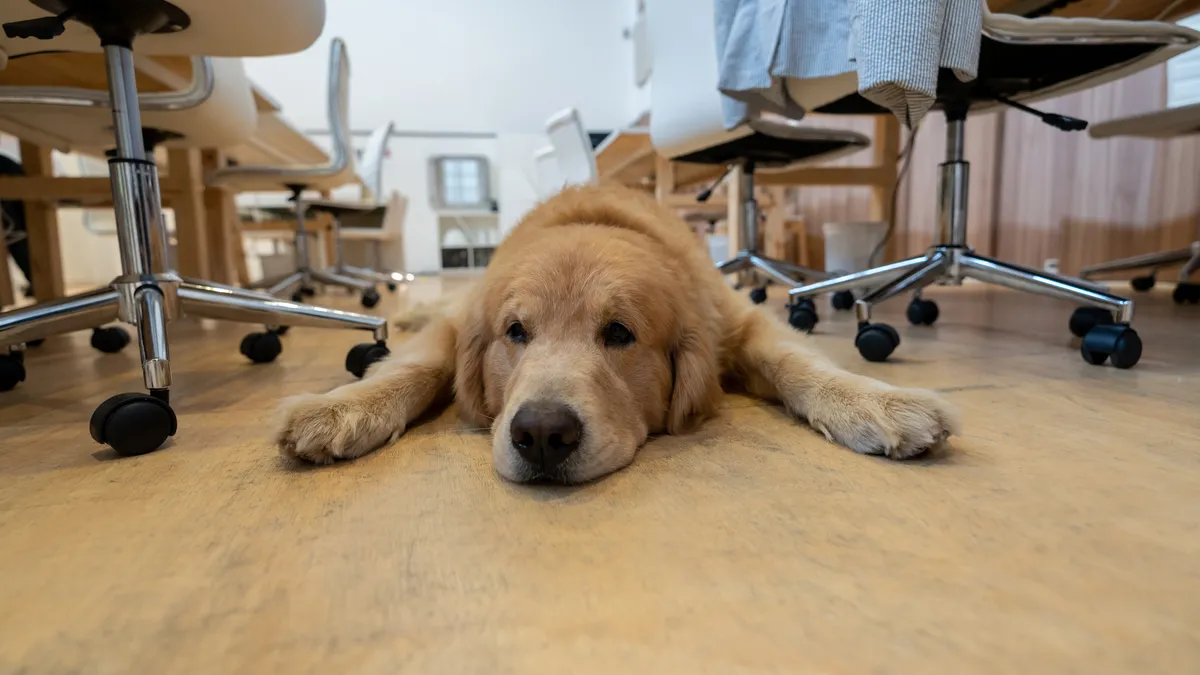Dive Brief:
- A jury awarded a pharmacist $134,000 in damages on Sept. 15 after finding her employer, Sedalia, Missouri-based Bothwell Regional Health Center, discriminated against her in violation of the Americans with Disabilities Act when it did not allow her to use her service dog as an accommodation.
- According to the complaint (Howard v. City of Sedalia, Missouri d/b/a Bothwell Regional Health Center, No. 2:21-cv-04034 (W.D. Mo. Feb. 25, 2021)), the pharmacist needed the service dog due to her hypoglycemic unawareness, a diabetic condition that can lead to seizure, loss of consciousness or brain damage. She provided a letter from her physician to the HR department, but was told the hospital could not accommodate the dog due to concerns about sterility and “various laws and guidance” that “required” the pharmacy to be a sterile area.
- The plaintiff attempted to further the interactive process by providing “various suggestions to reduce whatever minimal risk may be associated with having her service animal in the vicinity of the clean room,” but they were rejected, according to the complaint. It noted that the hospital “did not treat [the pharmacy] as a sterile environment” and “did not maintain it with cleanliness standards that would be expected of a sterile environment.”
Dive Insight:
Service animals are a common accommodation for workers with disabilities, but there are still some myths and misunderstandings about their use that can get companies who refuse to provide accommodation into trouble.
Recently, for example, the U.S. Equal Employment Opportunity Commission filed a lawsuit against Hobby Lobby after the store refused to allow a worker’s service dog “because a coworker or customer might be allergic to or trip over the dog, or the dog might break something,” according to the EEOC. The case remains pending.
Experts in service animals addressed the issue at the EEOC’s Examining Conflicts in Employment Law conference last June. They noted that while workplaces can reject service animals as reasonable accommodations, “the bar here is really high.”
The panel specifically touched on sterile environments, noting people often have misconceptions about which environments are required to be clean, and which must be truly sterile. The latter are areas in which patients are highly vulnerable to infection, such as burn wards or active operating rooms, they said. “Human beings are not sterile, but they are allowed in hospital rooms and cafeterias,” a panelist noted.
The ADA National Network, U.S. Department of Justice and Job Accommodation Network all have released further guidance on service animals in the workplace.











